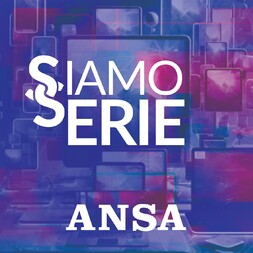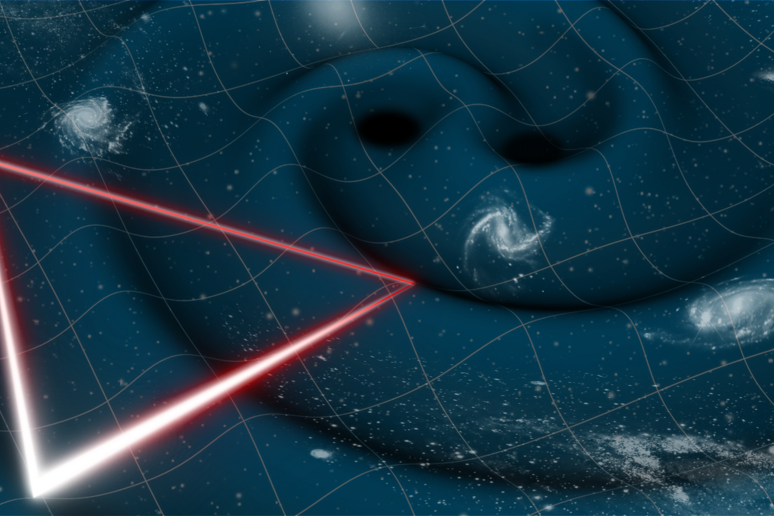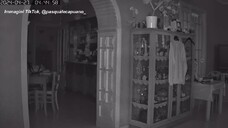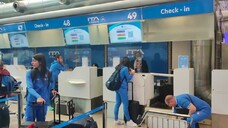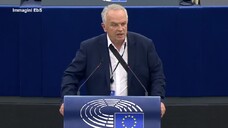The European Space Agency has given the green light to the EnVision Venus orbiter, whose launch is scheduled for 2031, and the LISA mission, which will study gravitational waves from space for the first time and is set for lift-off in 2035.Italy will have a big role in the two missions, which have been approved by ESA’s Science Programme Committee, with the involvement of the Italian Space Agency (AGI), the National Institute of Nuclear Physics (INFN) and Trento University.
"These pioneering missions will increase knowledge in a truly exciting area of space research and allow European scientists to confirm their leading role in research in both sectors," said ESA Director of Science Carole Mundell.LISA (the Laser Interferometer Space Antenna) will be the first gravitational-waves detector in space.
Hotly awaited by researchers from all over the world, it could lead to big steps forward in our knowledge of the violent phenomena of the universe that shake spacetime, from the collision of black holes and the merging of neutron stars to the Big Bang.The mission will be made up of a constellation of three spacecraft that will form a triangle in space, with each side measuring 2.5 million km, at 50 million km from Earth.
EnVision is set to discover the secrets of Venus, which is the Earth's twin in terms of size and structure and also had a similar climate before the greenhouse effect took over.
The first scientific data from the mission, Europe's second to the planet after Venus Express, are expected to arrive in 2035.
Riproduzione riservata © Copyright ANSA



